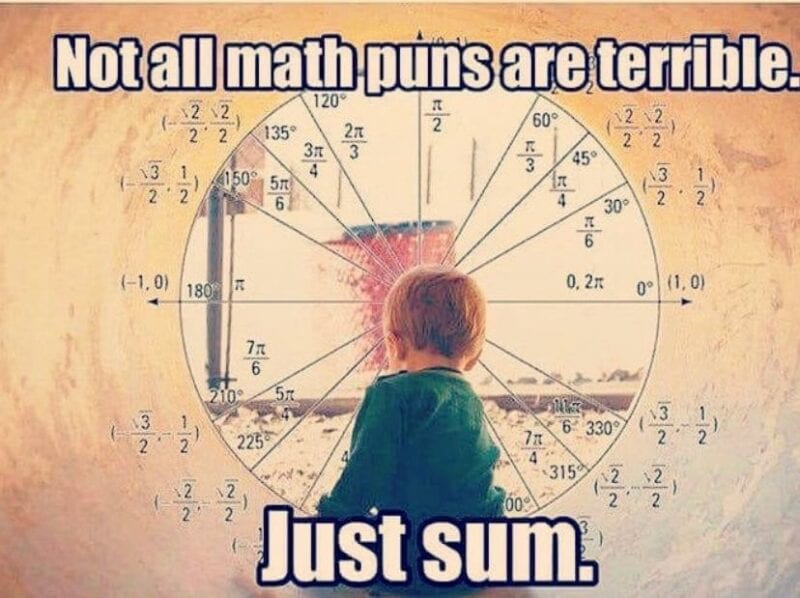Yep, no general formula.
As a slight tangent, it amazes me how old quite a lot of mathematical discovery is. The quadratic formula being known since antiquity, and the 3rd and 4th order formulae being worked out in the 1600s. (The ancient Greeks knowing, with proof, that root 2 is irrational is another one, or the Riemann hypothesis being dated from 1859). I get why, but it feels like mathematical development has always been way ahead of scientific development in terms of complexity etc.
I’m also wondering whether there’s any tie-in between the concepts behind the Abel-Ruffini theorem (or its more modern proofs), and the idea behind Fermat’s Last Theorem.
Nope.
My Maths education finished at O Level, and that was > 50 years ago ![]()
I suspect you were taught them (I certainly did them for GCSE, and it wasn’t final year of GCSE stuff either), but I appreciate if you’ve not used them in 50 years, your brain is probably not that excited about holding onto that info!
I’m not so different from Kev in age (he’s still younger than me tho’, I think) but we did quadratics and basic complex numbers at O-level. ISTR that quadratics always had two roots but (rarely) they would both be the same: x^2 - 2x + 1 = 0 reduces to (x-1).(x-1) = 0 so there are two roots but they’re both 1, for example. But perhaps that’s more an issue with language than maths.
My maths teacher did tell us that there were ways of solving cubics and quartics but nothing higher and that would have been in the 1970’s (not quite antiquity).
Ooooh … fighting talk !
I blame the technologists. If all we needed were observational skills then we could do quite complex stuff quite early on - Copernicus realising that the sun was at the centre of the solar system either side of 1500. I see your Riemann and I raise you Carnot who cracked the basics of thermodynamics before he died in 1832. And he might have got it sooner if the engineers had got their fingers out and built better heat engines faster. Likewise Mendeleev published his first periodic table in 1865 and again was held back by the refiners who hadn’t separated enough elements from the dirt around Ytterby and the spectrum of sunlight.
I like the bird pics …can we have more monochrome ones so I can print them and colour them in ? ..![]()
Oh absolutely, that’s essentially what I was driving at - the mathematicians sometimes don’t even need pencil and paper (although tracking shit in your head like that is hard), but the sciences tend to require relevant equipment and that’s the limiting factor. It’s not intended as a reflection on any of the participants in any of these fields!
No general (repeatable) solution, but there is a specific (and quite large) class of quintic equations which are members of one of five Galois groups. Calculating sin (π/11) is done by finding the roots using formulas found by Malfetti.
General quintics can be resolved using Jacobi theta functions.
All of this was done 170 years - and more - ago.
Come back punstapo…
The mathstazi are taking over …![]()
I love it when people have to explain jokes ![]()
It all adds up.
And the problem is multiplying…
Please Gents, no division between us.
I’m sure this is only a fraction of things to come
Naturally we are going to have to log them all
It’s a sin of the times
We need to differentiate between the punners and the maffers


